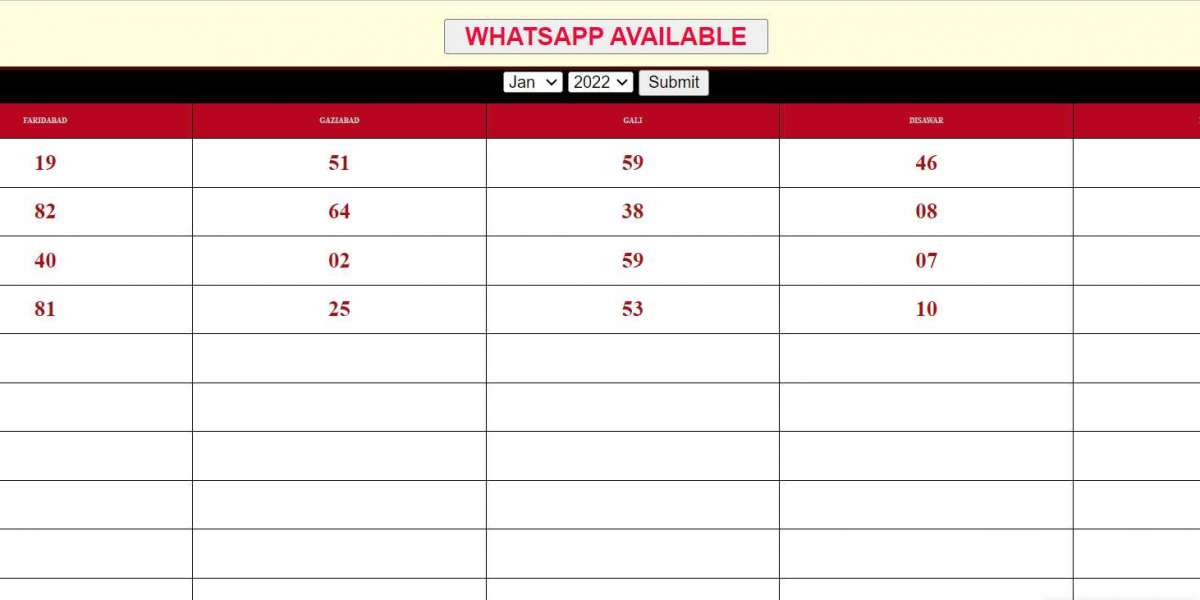Introduction
Evidence-based practice (EBP) in nursing writing is a fundamental aspect of delivering quality healthcare. This article explores the significance of EBP, the process of implementing it, the challenges faced, and the role of nurses in fostering evidence-based care.
Understanding Evidence-Based Practice in Nursing
EBP in nursing refers to the conscientious, explicit, and judicious use of current best evidence in making decisions about patient care. It is about integrating clinical expertise with the best available external clinical evidence nursing essay writing service from systematic research. EBP is essential in ensuring that nursing practices are informed by the latest research findings and are aligned with the best interests of patients.
The Importance of Evidence-Based Practice
The importance of EBP cannot be overstated. It enhances the quality of patient care, reduces variations in nursing practices, and promotes cost-effective healthcare. EBP helps nurses deliver interventions that are supported by scientific research, leading to better patient outcomes and satisfaction.
The Process of Implementing EBP
Implementing EBP in nursing involves a systematic approach. Nurses must follow these steps:
Gathering and Evaluating Evidence
Nurses begin by gathering relevant clinical evidence from reliable sources. This data may include research studies, clinical trials, and expert opinions. The collected information is then carefully evaluated to ensure its validity and reliability.
Formulating Clinical Questions
The next step is to formulate specific clinical questions based on the patient's needs and concerns. These questions guide the search for evidence and the subsequent decision-making process.
Conducting a Comprehensive Literature Review
Nurses perform a comprehensive literature review to find the most relevant and up-to-date evidence related to the clinical questions. This step ensures that the best available evidence is considered.
Critical Appraisal of Evidence
Nurses critically appraise the gathered evidence to determine its quality and applicability to the patient's situation. This critical appraisal helps in making informed decisions.
Implementing EBP in Nursing Care
The evidence is then incorporated into the nursing care plan, ensuring that the patient receives the most effective and evidence-based interventions.
Overcoming Barriers to EBP
While EBP is highly beneficial, it is not without its challenges. Some common barriers include limited access to resources, time constraints, and resistance to change. Nurses need to identify and overcome these obstacles to successfully implement EBP.
Benefits of Evidence-Based Practice
The benefits of EBP in nursing are far-reaching. They include improved patient outcomes nurs fpx 4050 assessment 2 ethical and policy factors in care coordination increased patient satisfaction, reduced healthcare costs, and a greater sense of professional fulfillment for nurses.
Challenges Faced in Implementing EBP
Challenges in implementing EBP include the need for continuous education, addressing resistance to change, and navigating the vast amount of available evidence. Nurses must be prepared to overcome these obstacles.
The Role of Nurses in EBP
Nurses play a pivotal role in the implementation of EBP. They are at the forefront of patient care and are responsible for incorporating evidence into their practice. Nurses also contribute to the ongoing development of evidence by participating in research studies and clinical trials.
Future Trends in Evidence-Based Practice
The field of nursing is constantly evolving, and so is EBP. Future trends include using technology to access and share evidence, greater emphasis on patient-centered care, and an increased focus on interdisciplinary collaboration.
Conclusion
In conclusion, evidence-based practice in nursing writing is an essential component of delivering high-quality healthcare. By following a systematic approach to gather, evaluate, and implement evidence, nurses can provide the best care possible. While challenges exist, the benefits of EBP far outweigh the obstacles, leading to improved patient outcomes and overall healthcare quality.
FAQs
- What is evidence-based practice in nursing? Evidence-based practice in nursing involves using the best available external clinical evidence to make informed decisions about patient care while considering clinical expertise and patient values.
- What are the benefits of evidence-based practice in nursing? The benefits include improved patient outcomes, increased patient satisfaction, reduced healthcare costs, and a greater sense of professional fulfillment for nurses.
- What are the common challenges faced in implementing EBP in nursing? Common challenges include limited access to resources, time constraints, resistance to change, and the need for continuous education.
- How can nurses contribute to evidence-based practice? Nurses can contribute by participating in research studies, clinical trials, and the ongoing development of evidence. They play a crucial role in incorporating evidence into their practice.
- What are the future trends in evidence-based practice in nursing? Future trends include the use of technology for accessing and sharing evidence, a greater focus on patient-centered care, and increased interdisciplinary collaboration.








